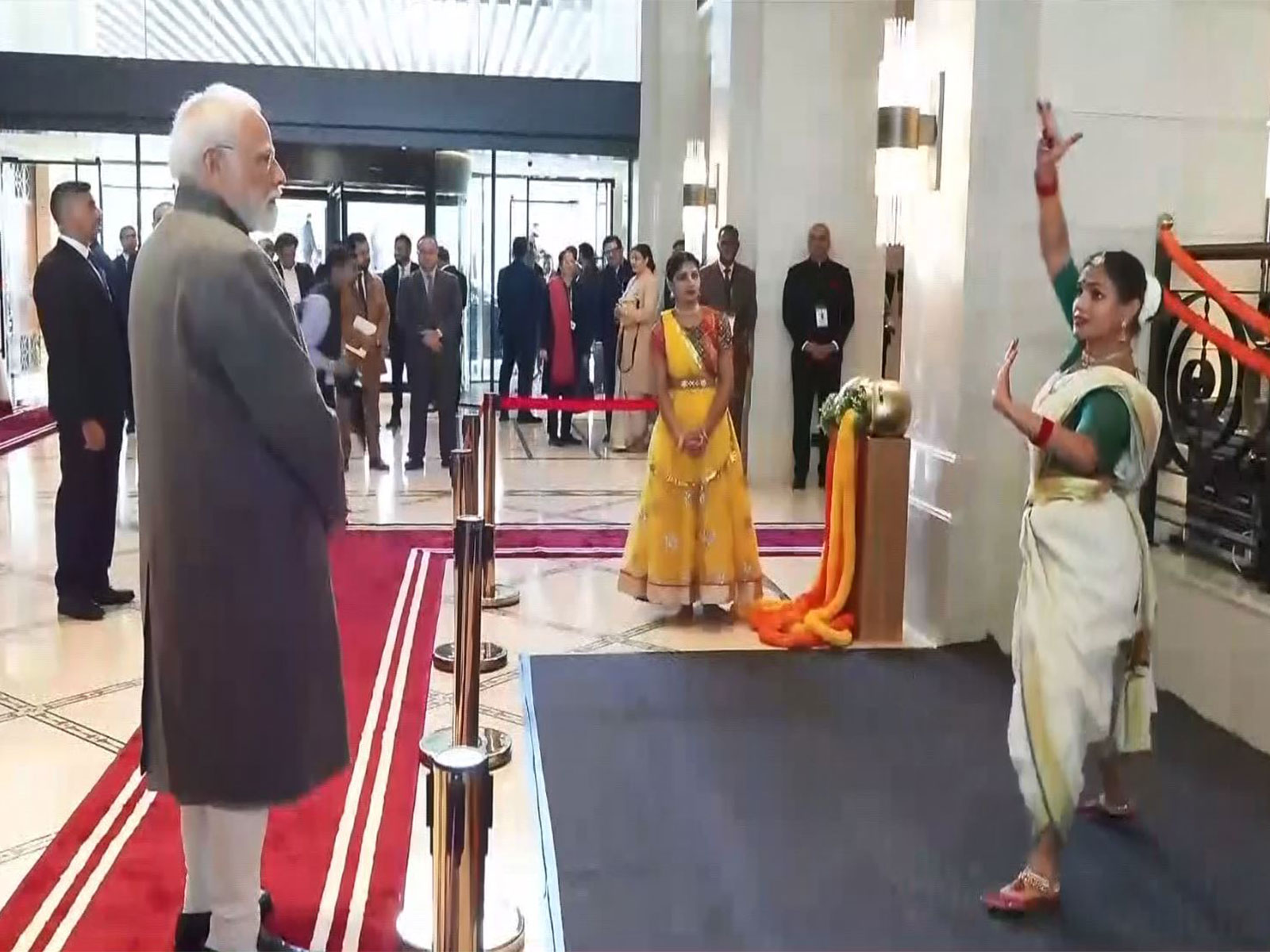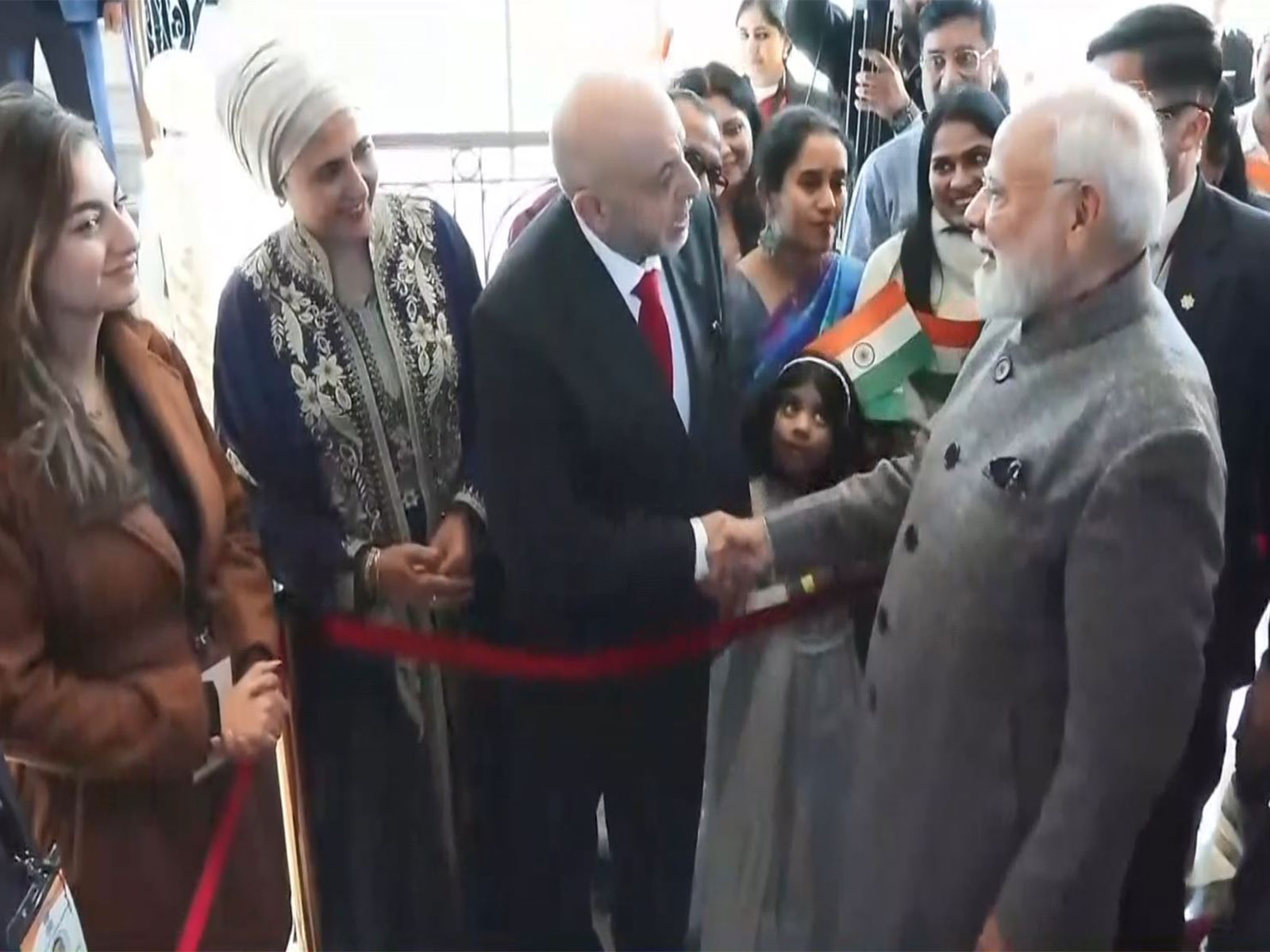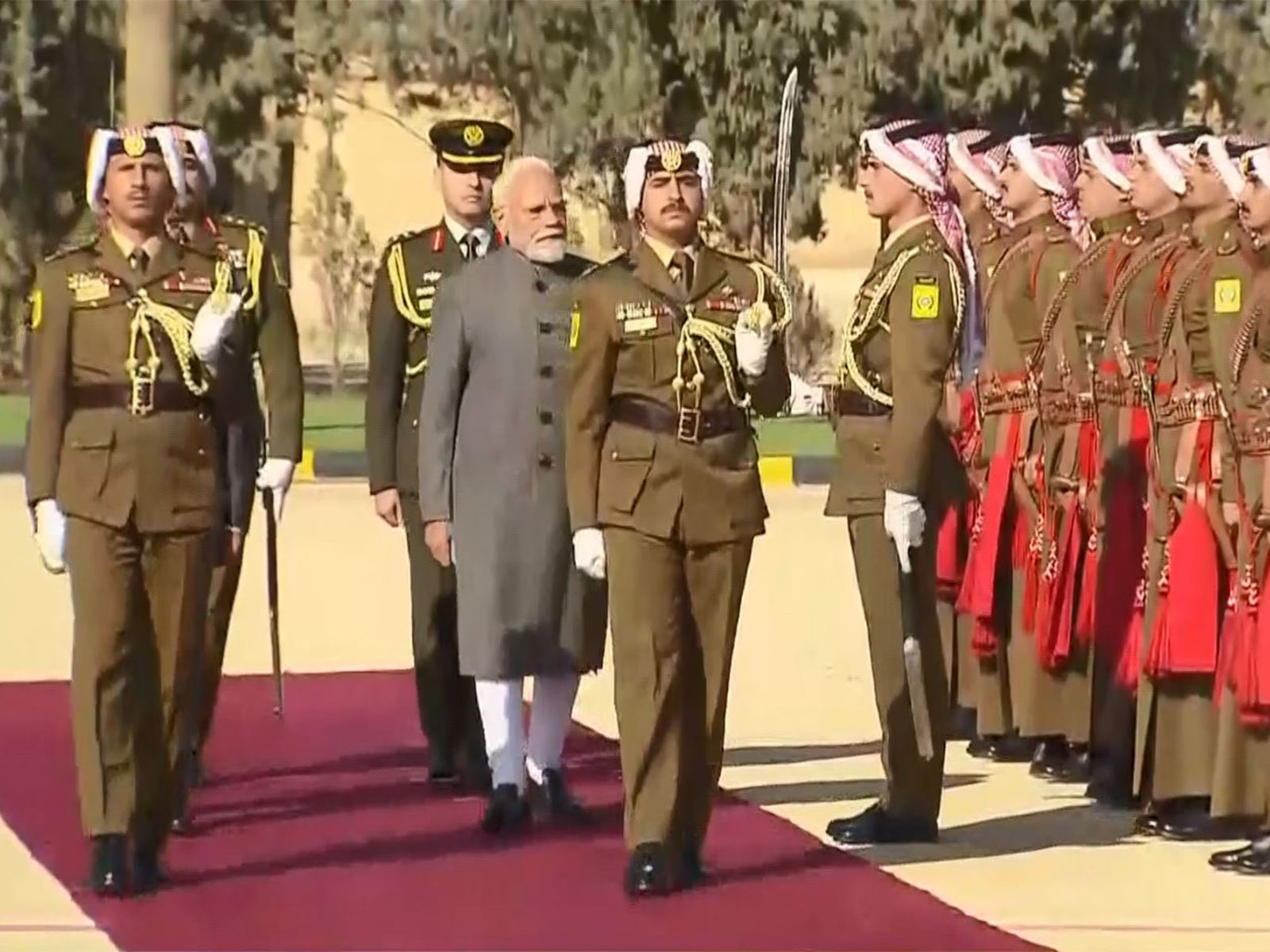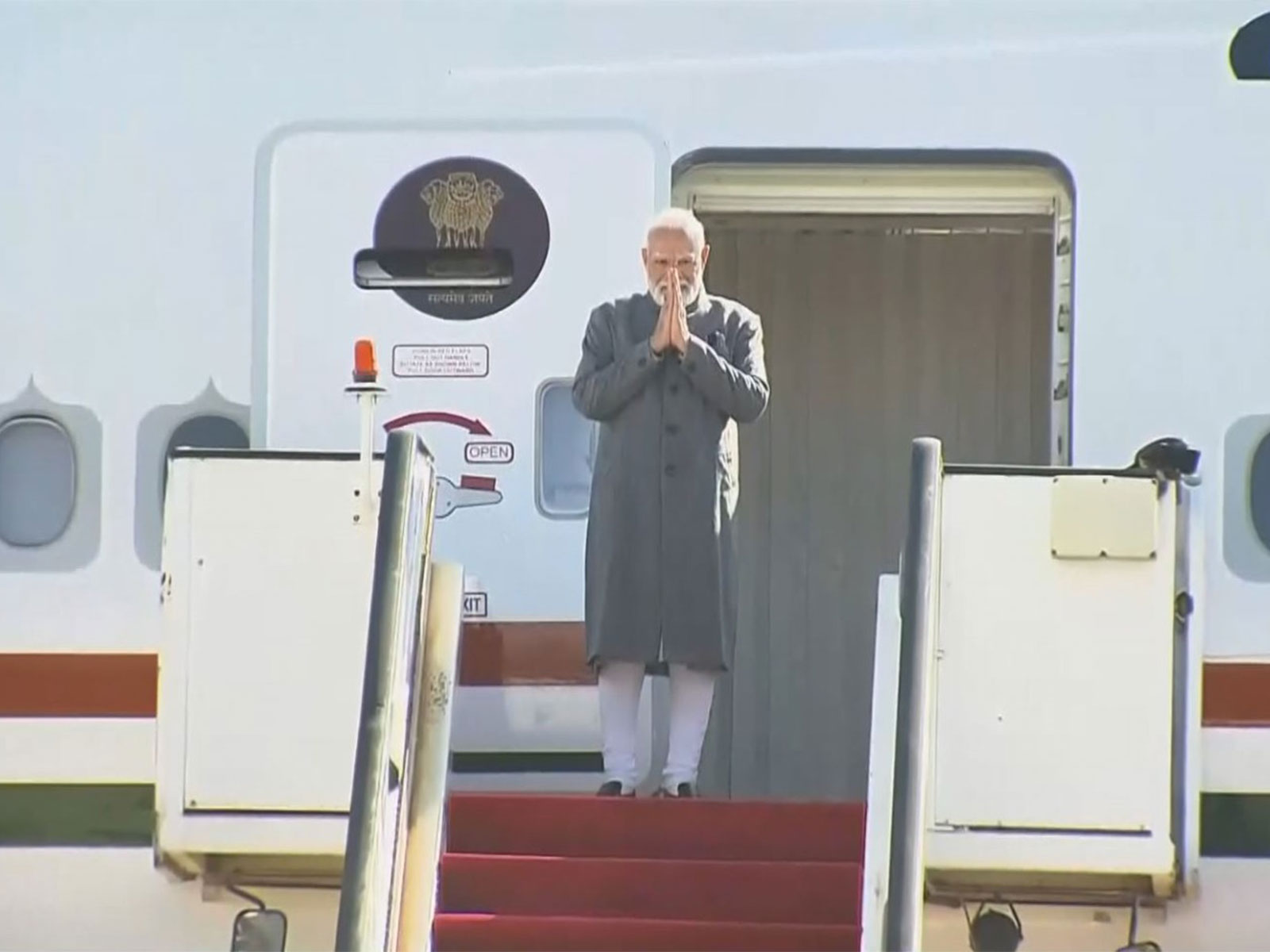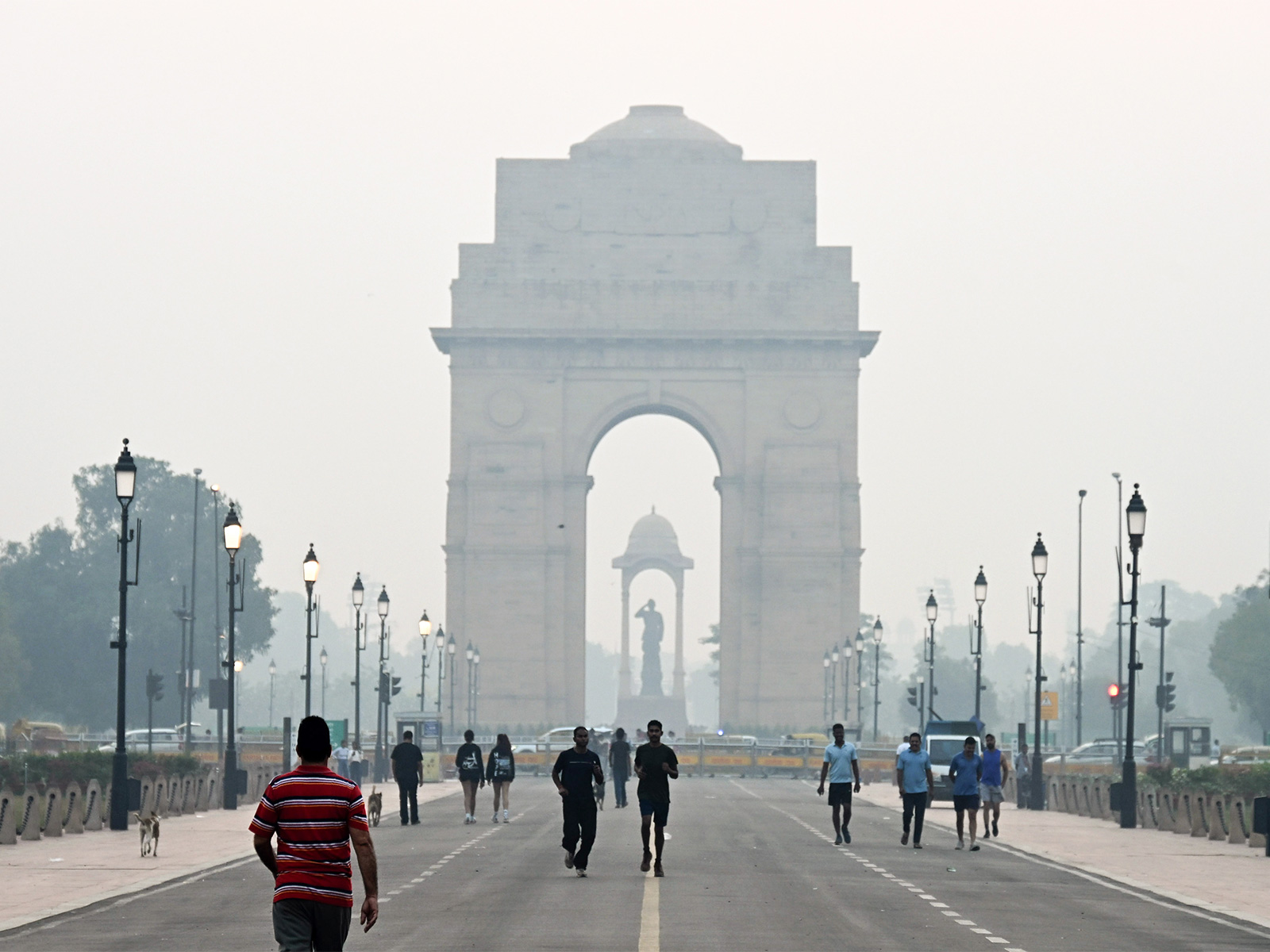UKPNP delegation meets UK Parliament members to discuss issues in PoK
Apr 13, 2024

Leeds [UK] April 13 : Political activists from Pakistan-occupied Kashmir (PoK) under the aegis of United Kashmir People's National Party (UKPNP) UK Zone, convened a dinner meeting with the Labour Members of the British Parliament, Fabian Hamilton and Richard Burgon to discuss the pertaining issues of the region. 
The meeting presided over by Sardar Tariq Khan, President of UKPNP UK Zone, brought together key figures including Mahmood Kashmiri, Chairman of JKNIA, Ghulam Hussain, Former Councillor and Secretary of Foreign Affairs for the Kashmir Freedom Movement, Sardar Tikka Khan Tahir, Secretary of Information for UKPNP UK Zone, and other prominent leaders.
Expressing appreciation and gratitude, the delegation conveyed their heartfelt thanks to the UK Parliament Members for their unwavering support and solidarity with the people of Pakistan-occupied Kashmir and Gilgit Baltistan. They voiced hope for continued collaboration to nurture peace and stability in the region.
In a press statement, UKPNP said that during the discussions, leaders emphasized the urgent need to address the Jammu-Kashmir conflict, highlighting its status as one of the oldest and most perilous nuclear flashpoints.
In light of the historical ties between the United Kingdom and the region, as well as its role in the partition of British India, leaders emphasized the moral obligation of the UK to contribute to a peaceful resolution for the reunification of Jammu and Kashmir.
In October 1947, Maharaja Hari Singh, the last ruling monarch of the princely state of Jammu and Kashmir, signed the Instrument of Accession, thereby integrating Jammu and Kashmir into the Dominion of India. However, a significant portion of the region remained under Pakistan's illegal occupation where the people have faced oppression for over seven decades.
Pakistan-occupied Kashmir (PoK) and Gilgit-Baltistan have recently experienced widespread anti-Pakistan protests. These demonstrations stem from grievances about over-exploitation, lack of basic rights, and neglect of developmental initiatives in these regions by the Pakistani government.
